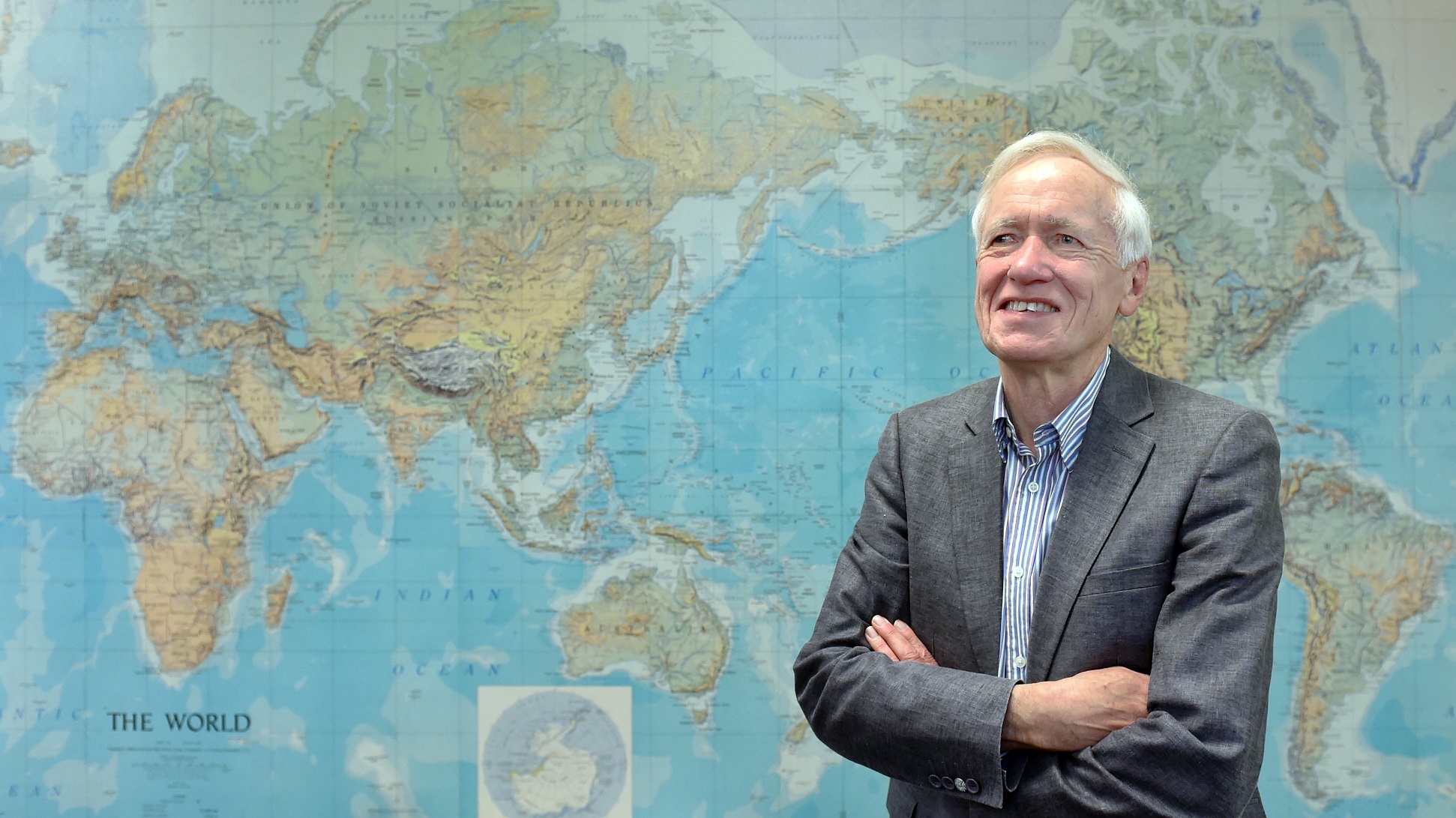
This year’s Blake Medal winner says the pandemic had put the spotlight on the field of study in which he has decades of experience: the study of disease in a given population.
The former head of the Covid-19 Public Health Advisory Group was "delighted" to be awarded the medal, which is named after Sir Peter Blake and recognises people whose leadership has made an impact in New Zealand.
Four decades after first joining the University of Otago’s department of preventive and social medicine, he was still working from the same office.
The large map on the wall of the department was unchanged, but these days, people no longer assumed epidemiology was about the epidermis.
The field was not only about infectious diseases, but also other health problems, such as cancer and heart disease, he said.
"You can work on a variety of health problems and I’ve found that really interesting."
His life-saving work on cancers, especially cervical and breast cancer, were the highlights of his medical career.
A national cervical screening programme was developed partly because of his work.
Working in a small country had given him the chance to get involved in a variety of issues in a way that might not have been possible in a larger country, he said.
"I felt the need to get involved with things because if I didn’t, not many other people would."
Other leadership roles he had held included as chairman of the Health Research Council and the Public Health Commission.
His work also had impact internationally, in particular his involvement with a World Health Organisation programme to improve sexual and reproductive health in developing countries.
However, the highlight of his long career was his seven-year "eight days a week" stint as University of Otago vice-chancellor from 2004.
Integrity was perhaps the most important quality for leadership, as people needed to be able to trust those in leadership roles, he said.
One of the most difficult times for him was in 1988, when Sir David was a witness in the Cartwright Inquiry into the unethical treatment of cervical cancer patients in an Auckland hospital.
"I had to say things that made me very unpopular with some of my medical colleagues, especially in Auckland, but I just felt I had to say the truth."
Humour and the ability to energise others were also important qualities, as was the ability to see the bigger picture.
Hard work was necessary, but he had also been lucky to have a supportive family.
Without them his achievements would not have been possible, he said.











